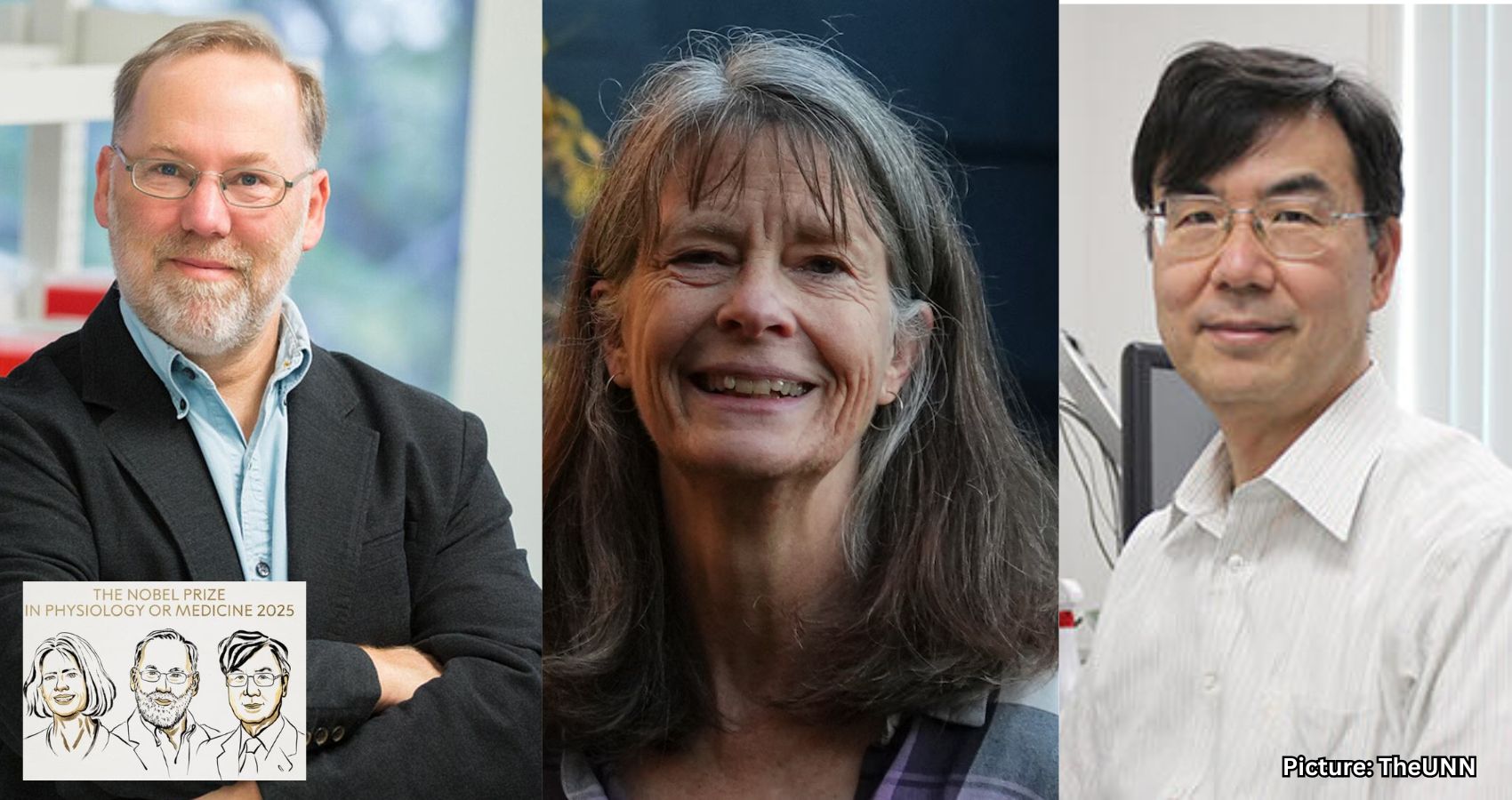A trio of US and Japanese scientists has been awarded the 2025 Nobel Prize in Physiology or Medicine for their groundbreaking work on immune system regulation.
WASHINGTON, DC – A trio of scientists from the United States and Japan has been honored with the 2025 Nobel Prize in Physiology or Medicine for their pivotal discovery regarding the regulation of the immune system.
The prestigious award, presented by the Nobel Assembly at Karolinska Institutet, recognizes the contributions of Mary E. Brunkow and Fred Ramsdell from the United States, along with Shimon Sakaguchi from Japan. The prize, valued at 11 million Swedish kronor, will be equally divided among the laureates.
Their research focused on peripheral immune tolerance, a critical mechanism that prevents the immune system from attacking the body’s own tissues. The scientists identified regulatory T cells, which act as the immune system’s “security guards,” ensuring that immune cells do not harm the body’s own cells.
This groundbreaking work has paved the way for advancements in medical treatments for various conditions, including cancer and autoimmune diseases. Additionally, it holds promise for improving the success rates of organ transplantation. Many of the treatments inspired by their discoveries are currently undergoing clinical trials.
Olle Kämpe, chair of the Nobel Committee, emphasized the significance of their findings, stating, “Their discoveries have been decisive for our understanding of how the immune system functions and why we do not all develop serious autoimmune diseases.”
Mary E. Brunkow, born in 1961, earned his doctorate from Princeton University and currently serves as the Senior Programme Manager at the Institute for Systems Biology in Seattle.
Fred Ramsdell, born in 1960, holds a Ph.D. from the University of California, Los Angeles. He is currently the Scientific Advisor at Sonoma Biotherapeutics in San Francisco.
Shimon Sakaguchi, born in 1951, completed his M.D. in 1976 and his Ph.D. in 1983 at Kyoto University in Japan. He is now a Distinguished Professor at the Immunology Frontier Research Center at Osaka University.
These remarkable achievements highlight the ongoing importance of immunological research and its potential to transform medical practices in the years to come.
Source: Original article

